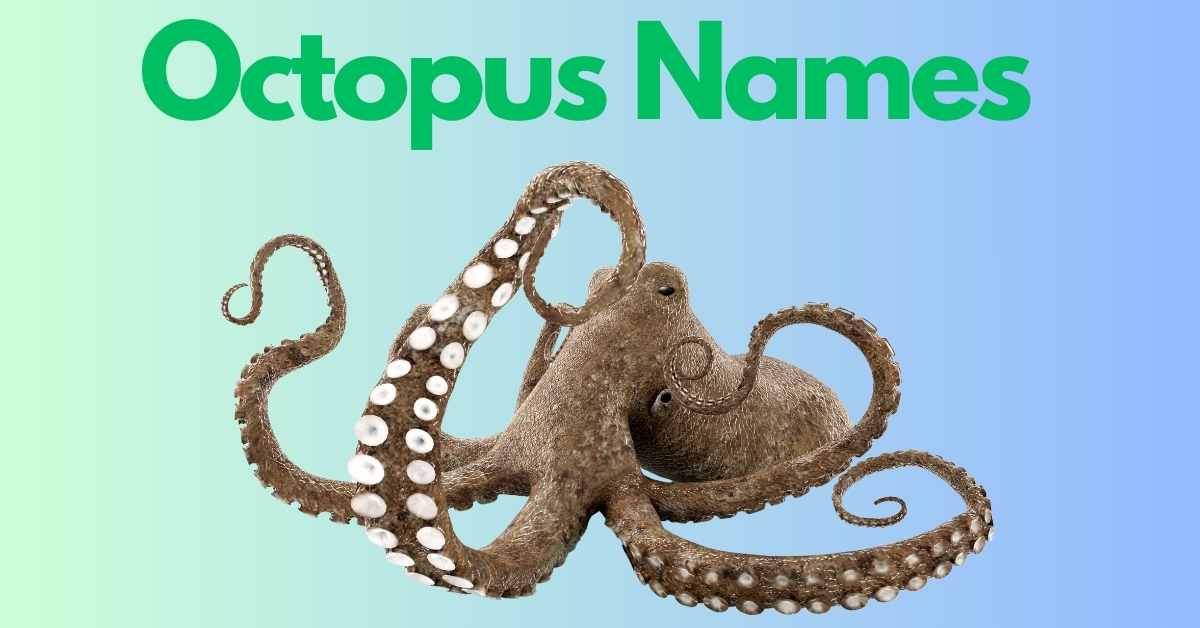Octopuses are some of the most mysterious and fascinating creatures in the ocean. With their eight arms, highly developed intelligence, and ability to change colors, they captivate the imagination of marine biologists and ocean enthusiasts alike. But beyond their biological marvels, octopuses have inspired various names throughout history, culture, and science. This article will explore the most famous octopus names, from scientific classifications to popular culture and even symbolic meanings while shedding light on their ecological significance.
1. Introduction to Octopuses
Octopuses are members of the class Cephalopoda, which also includes squid, cuttlefish, and nautiluses. These soft-bodied, eight-armed mollusks are known for their intelligence, problem-solving abilities, and incredible adaptability to various oceanic environments. With around 300 species of octopuses worldwide, they inhabit many parts of the ocean, from coral reefs to the deep sea.
Despite their common physical features, octopuses exhibit a wide variety of shapes, sizes, and behaviors. Some species are small and elusive, while others, like the giant Pacific octopus, can weigh over 50 kg and span more than 15 feet across. With such diversity, it’s no wonder that octopuses have been given many names in both scientific and cultural contexts.
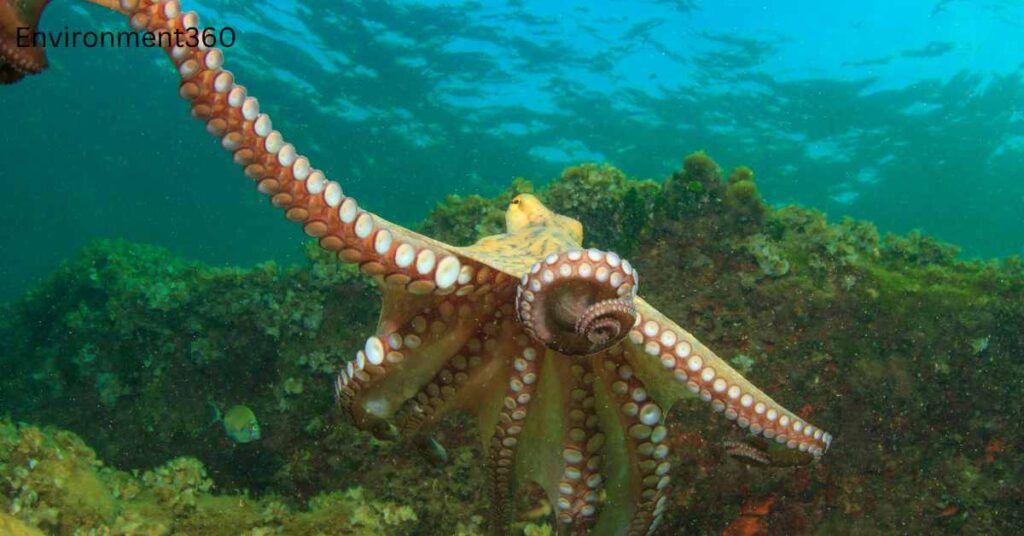
2. Scientific Octopus Names
Scientific octopus names follow the binomial nomenclature system, combining genus and species classifications. Notable examples include Octopus vulgaris and Enteroctopus dofleini. These names help scientists identify and differentiate between the diverse species found across oceans worldwide.
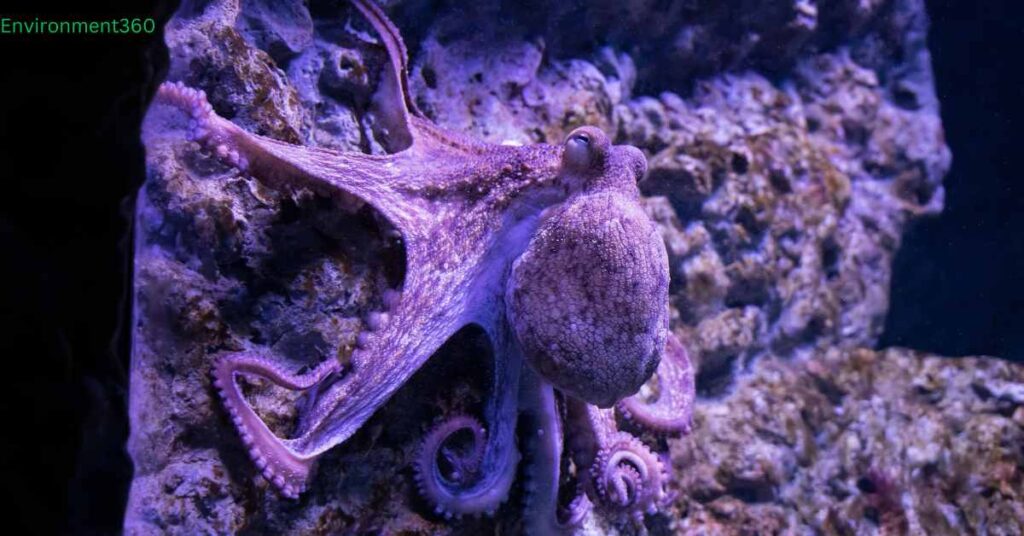
Classification
Octopuses belong to the order Octopoda, which is derived from Greek, meaning “eight-footed.” The scientific naming system of octopuses follows the same binomial nomenclature used to classify all living organisms. This system includes two Latin-based names: the genus and the species.
Basic Classification
- Kingdom: Animalia
- Phylum: Mollusca
- Class: Cephalopoda
- Order: Octopoda
- Family: Various, such as Octopodidae
Octopuses are further divided into different species based on their anatomical and behavioral traits. Let’s explore some well-known species and their scientific names.
Popular Octopus Names And Their Species
a. Octopus vulgaris – Common Octopus
One of the most widespread species, Octopus vulgaris is found in tropical and temperate waters around the world. Known for its adaptability and intelligence, this species is often studied for its problem-solving abilities.
b. Enteroctopus dofleini – Giant Pacific Octopus
This is the largest species of octopus, with individuals reaching up to 16 feet in length. Enteroctopus dofleini is native to the North Pacific and is known for its deep-water habitat.
c. Thaumoctopus mimicus – Mimic Octopus
Found in the Indo-Pacific, the mimic octopus can imitate the shape and movements of other marine animals, such as lionfish, flatfish, and sea snakes. Its name reflects its remarkable mimicry ability.
d. Octopus cyanea – Day Octopus
The day octopus is known for being active during daylight hours, unlike most octopuses that are nocturnal. Octopus cyanea is commonly found in coral reefs and has striking blue coloration.
e. Hapalochlaena – Blue-Ringed Octopus
The blue-ringed octopus is one of the deadliest marine animals due to its potent venom. Its scientific name Hapalochlaena refers to its distinctive blue rings that appear when it feels threatened.
3. Cultural Significance of Octopus Names
Octopuses have long held symbolic meanings in various cultures around the world. Their unusual appearance, intelligence, and sometimes menacing behavior have made them subjects of myth, folklore, and popular culture.
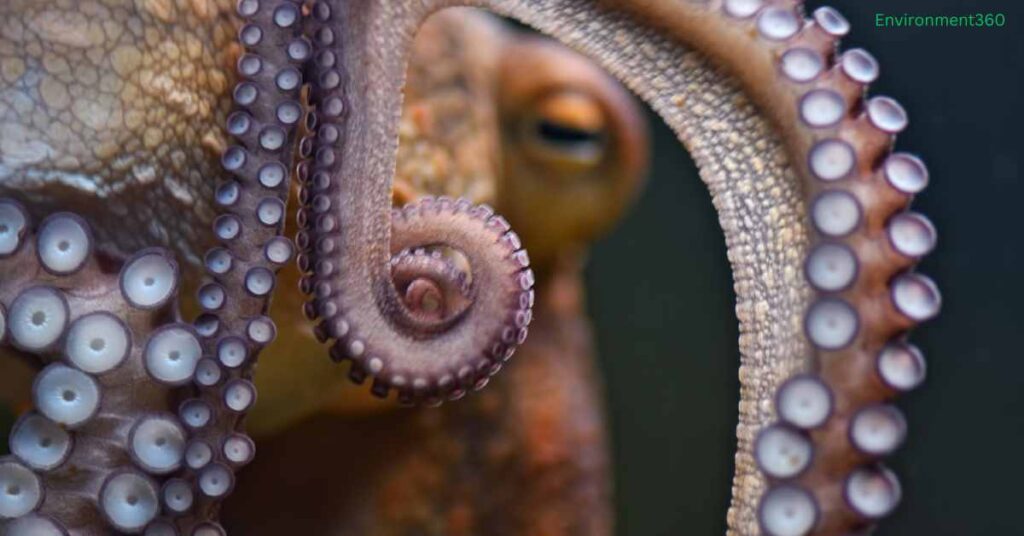
Famous Octopus Names in Mythology and Folklore
a. Kraken – The Legendary Sea Monster
In Norse and Scandinavian folklore, the Kraken is a legendary sea monster often depicted as an enormous octopus or squid. Sailors feared this giant creature, believing it had the power to sink ships by dragging them beneath the waves with its massive arms.
b. Akkorokamui – The Japanese Mythical Octopus
In Ainu and Japanese folklore, the Akkorokamui is a giant octopus-like creature that inhabits the waters of Funka Bay in Hokkaido. Known for its healing powers, it was also feared for its ability to wreak havoc on boats and fishermen.
c. Tako – Japanese Cultural Symbol
The octopus, known as tako in Japan, holds an important place in Japanese cuisine, art, and culture. It is often depicted in traditional paintings and woodblock prints and remains a popular food item in dishes like takoyaki and sashimi.
Popular Culture
a. Octopussy – James Bond
The 1983 James Bond film Octopussy features an octopus as a symbol of mystery and intrigue. The character Octopussy, portrayed by Maud Adams, uses the octopus symbol as part of her crime syndicate’s branding.
b. Paul the Octopus – The Football Oracle
Paul the Octopus gained international fame during the 2010 FIFA World Cup for correctly predicting the outcomes of several matches. He became a symbol of luck and intuition, drawing attention to the intelligence of octopuses.
c. Hank – Finding Dory
In the 2016 animated film Finding Dory, Hank is a grumpy but lovable seven-armed octopus (or “septopus”). Hank’s character showcases the camouflage abilities and cleverness of real octopuses, adding to their allure in popular culture.
4. Famous Octopus Names in Science
Scientists often give individual octopus names during their research, particularly if the octopus displays unique behaviors or traits.
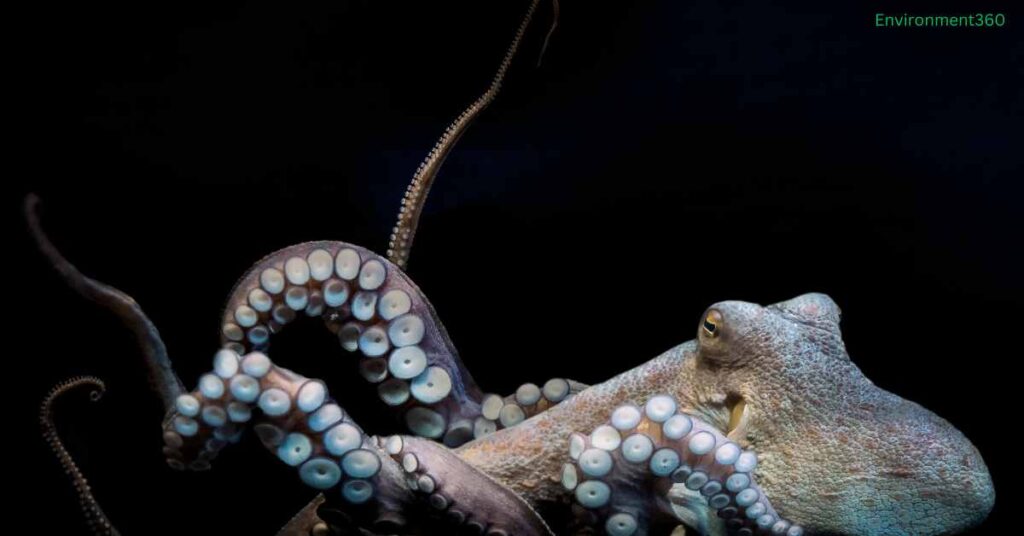
a. Heidi – The Color-Changing Octopus
Heidi was a female octopus studied at the Alaska Pacific University, known for changing colors even while asleep. Researchers studied Heidi to understand how octopuses control their chromatophores, which allow them to change skin color and texture.
b. Inky – The Escaping Octopus
Inky the octopus made headlines in 2016 when he escaped from the National Aquarium of New Zealand. After slipping out of his tank, Inky traveled through a drainpipe and made his way to the ocean, showcasing the octopus’s reputation for being escape artists.
c. Otto – The Mischievous Octopus
At the Sea Star Aquarium in Germany, an octopus named Otto gained fame for his mischievous behavior, including squirting water at lights to cause blackouts. Otto’s antics highlight the problem-solving abilities and curiosity of octopuses.
5. Symbolic and Creative Octopus Names
Given their unique nature, octopuses often inspire creative and symbolic names, especially among pet owners or in marine-themed storytelling.
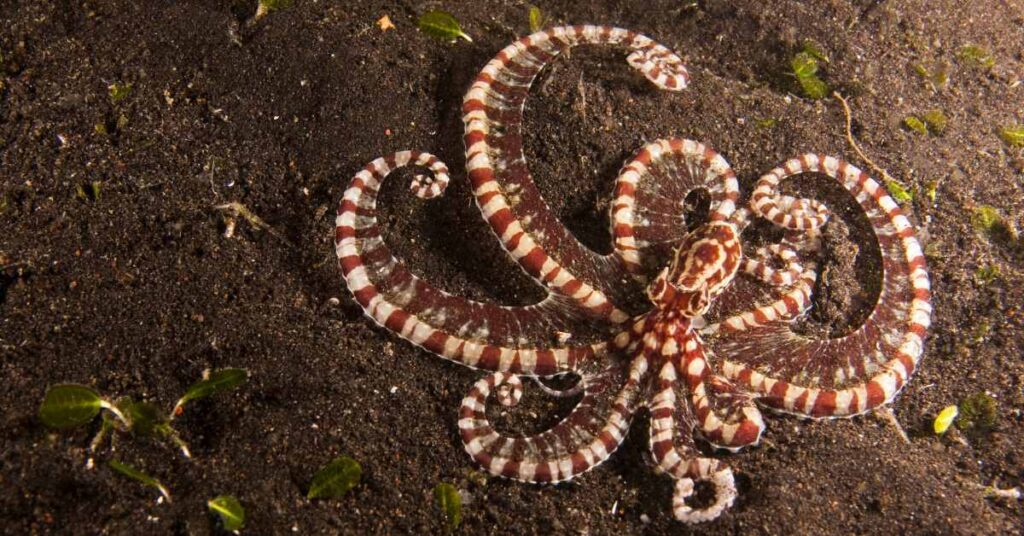
a. Eight-Legged Legends
Some octopus owners or enthusiasts prefer names that reflect the number of arms, such as Octavia, Ocho, or Octavius. These names draw on the Latin root for “eight.”
b. Nature-Inspired Octopus Names
Names like Coral, Wave, or Tide are popular for those who wish to emphasize the octopus’s marine environment.
c. Camouflage-Based Octopus Names
Given the octopus’s ability to blend into its surroundings, names like Chameleon, Cloak, or Shifter are often used to reference its remarkable camouflage abilities.
6. How to Name an Octopus: Insights from Marine Biology
Naming an octopus, whether in research or for a pet, often depends on its behavior, appearance, or origin. Marine biologists sometimes name octopuses based on the following criteria:
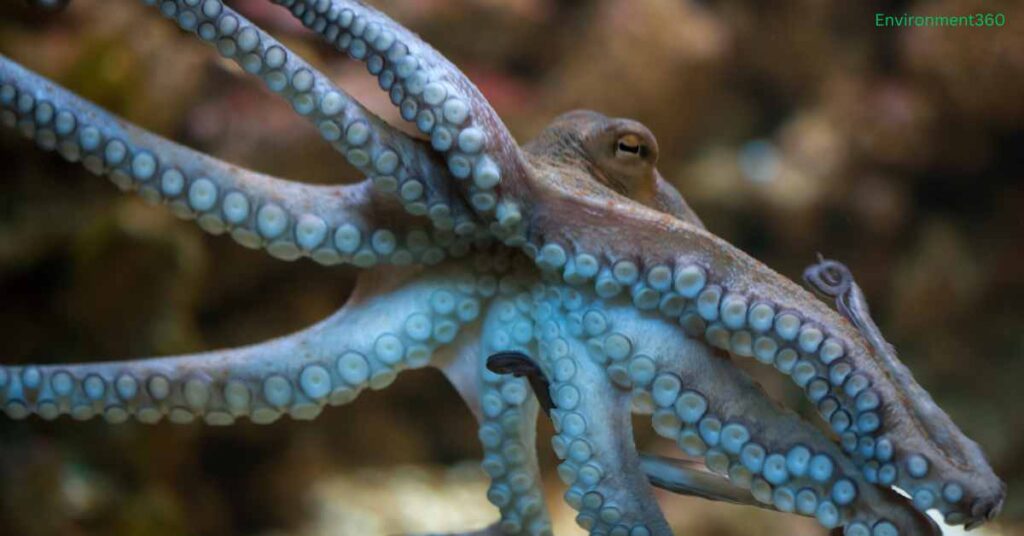
a. Behavioral Traits
If an octopus is particularly curious, aggressive, or shy, names can be chosen to reflect these traits, such as Sly, Jaws, or Sneaky.
b. Color and Camouflage
Octopuses that display unique color patterns may be named after their hues or camouflage abilities. For example, an octopus that frequently turns red could be called Crimson.
c. Geographic Origin
Octopuses are sometimes named after the region they come from, such as Pacific, Atlantic, or Mediterranean.
7. Environmental Role of Octopuses
Octopuses play an essential role in marine ecosystems. As predators, they help control populations of crabs, shrimp, and small fish, contributing to the balance of marine food webs. Additionally, their unique behaviors, such as burrowing and hiding in crevices, can alter the seafloor landscape, creating habitats for other species.
However, octopuses face numerous threats, including overfishing, habitat destruction, and climate change. As ocean temperatures rise and acidification increases, octopuses must adapt to changing environments. Understanding their ecological role is crucial for conservation efforts, as octopuses contribute to the health and diversity of marine ecosystems.
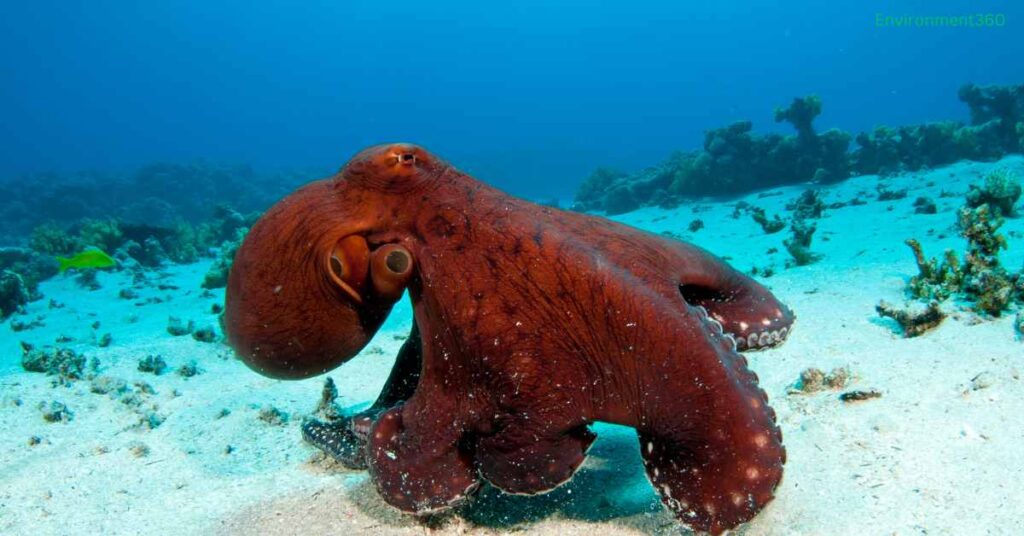
8. Conclusion: The Power of Names in Conservation
The octopus, with its complex behaviors, intelligence, and adaptability, is a creature worthy of admiration. From scientific classifications like Octopus vulgaris to legendary creatures like the Kraken, octopuses have inspired a rich array of names that reflect their fascinating nature. By naming and studying these creatures, we deepen our understanding of their role in the environment and the importance of preserving their habitats. Whether they are creatures of folklore or subjects of scientific study, the octopus’s many names serve as a reminder of the ocean’s incredible biodiversity.
The next time you encounter octopus names, consider the story behind it and how it reflects the octopus’s unique characteristics, ecological importance, and the need to protect these remarkable animals for future generations.

